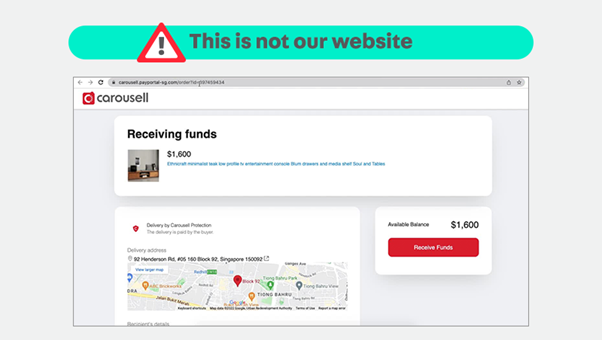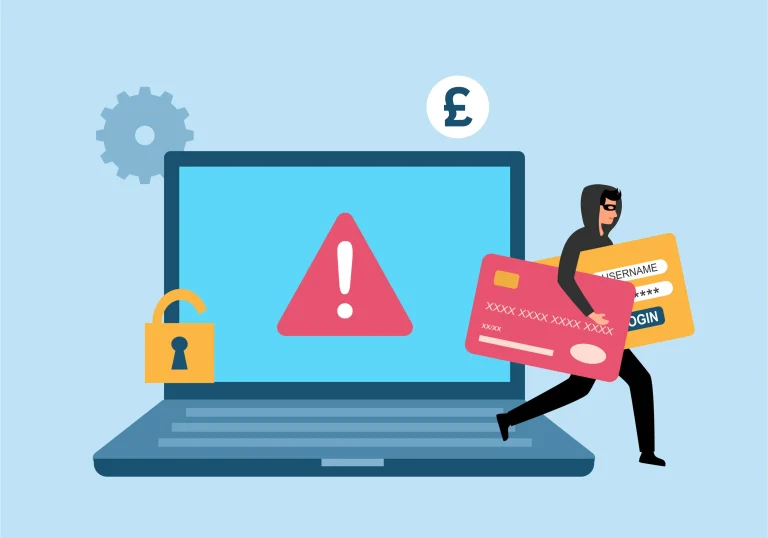Introduction: The Alarming Surge in Carousell Scams
Hong Kong police got over 40 reports of scams on Carousell in just one week. These scams led to a huge loss of HK$4.6 million for victims. This shows how fast online fraud is growing on popular platforms like Carousell. Many people use this app to buy and sell items, but scammers are taking advantage of it. Let’s look at how these scams happen and what you can do to stay safe.
The Modus Operandi: How Phishing Links Became the Weapon of Choice
Scammers on Carousell often use phishing links to trick people. They send fake messages or links that look real. When a user clicks the link, it takes them to a fake website that steals their personal info, like bank details or passwords. Some scammers pretend to be buyers or sellers and ask for payment outside the app. Once they get the money, they disappear. This trick is simple but works on many people who don’t suspect a scam.
Case Study: The Lozenges Seller’s Devastating Loss
One seller on Carousell lost HK$650,000 in a scam. This person was selling lozenges and got a message from a “buyer.” The buyer sent a phishing link to make a payment. When the seller clicked it, the link took them to a fake site that stole their bank info. The scammer then took all the money from their account. This shows how even small sales can lead to big losses if you’re not careful.
Beyond the Lozenges: Other Reported Scams and Their Impact
It’s not just lozenges. Scammers target all kinds of items on Carousell, like phones, clothes, and even concert tickets. Some pretend to sell rare items and ask for payment upfront. Others act like buyers and trick sellers into giving refunds for fake reasons. These scams hurt victims by taking their money and sometimes their personal info. The total loss of HK$4.6 million in one week shows how many people are affected.
Why Carousell? Analyzing the Platform’s Vulnerabilities
Carousell is a popular app for buying and selling, which makes it a big target for scammers. The app lets users chat directly, so fraudsters can send fake links or messages easily. Also, many users trust others on the platform and don’t check for red flags. Scammers know this and use it to their advantage. The app’s open setup helps honest users, but it also gives scammers a way to trick people.
The Human Element: Understanding Victim Psychology and Susceptibility
Why do people fall for these scams? Many users want to make a quick deal and don’t think twice before clicking a link. Others trust messages that look real, like they come from a legit buyer or seller. Scammers play on emotions, like excitement for a good deal or fear of missing out. When people rush or don’t double-check, they become easy targets for fraud.

Hong Kong Police Response: Actions Taken and Ongoing Investigations
The Hong Kong police take these scams seriously. They investigate each report and try to track down the scammers. They also warn the public about phishing links and fake deals on platforms like Carousell. Right now, they work to catch the people behind these crimes and stop more scams. If you’ve been tricked, report it to the police so they can help.
Protecting Yourself: Practical Tips to Avoid Becoming a Carousell Scam Victim
You can stay safe on Carousell with a few simple steps. First, never click on links sent in messages. Always use the app’s built-in payment system if possible. Check the profile of the buyer or seller for reviews or ratings. If a deal seems too good to be true, it probably is. Lastly, don’t share personal info like your bank details or passwords with anyone on the app.
Carousell’s Role: Platform Responsibility and Security Measures
Carousell needs to do more to protect users. They warn about scams on their app and offer tips to stay safe. But they can add stronger checks, like blocking suspicious links in chats. They can also make it harder for fake accounts to join. Carousell must take responsibility and improve security so users feel safe buying and selling.
The Broader Implications: The Impact of E-commerce Scams on Consumer Trust and the Digital Economy
Scams like these hurt more than just the victims. They make people trust online platforms less. If users fear getting scammed, they might stop shopping online. This can slow down the growth of e-commerce, where people buy and sell things on the internet. When trust goes down, businesses lose money, and the digital economy suffers. Everyone needs to work together to stop these frauds.
Conclusion: A Call to Vigilance and Collaboration
Carousell scams are a big problem, with over 40 reports and HK$4.6 million lost in one week. Scammers use phishing links and fake deals to trick users. You can protect yourself by staying careful and following safety tips. Carousell and the police must also step up to stop these crimes. Stay alert, check every deal, and work together to keep online shopping safe for everyone.















